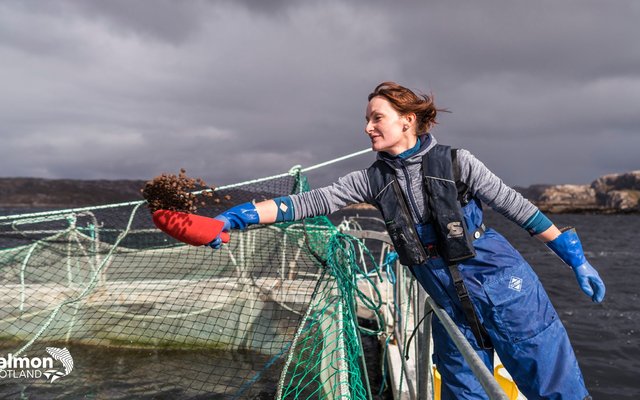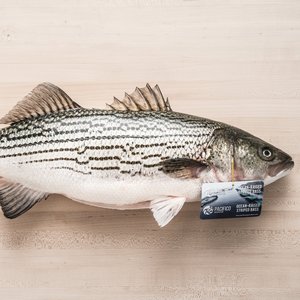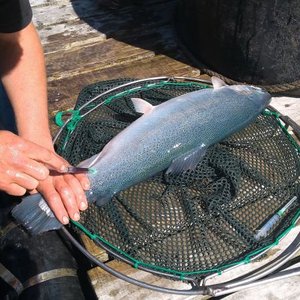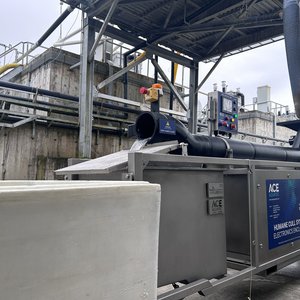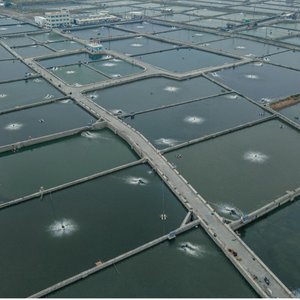A report published by the UK government has highlighted the sharp downward trend that follows the challenges of COVID-19 when fish had to be kept in the sea for longer.
Protecting the health of larger fish needed extra care, including, in some cases, antibiotics to treat bacterial challenges.
Medicines are only used when qualified veterinarians deem it necessary to treat specific bacterial infections and when there is clear evidence that treatment will improve the health of fish, with any antibiotics only used under license by the Scottish environmental regulator, SEPA.
The new Veterinary Medicines Directorate’s Veterinary Antimicrobial Resistance and Sales Surveillance (VARSS) report shows that 2022 usage of antibiotics in salmon was 18.6 mg/kg, down 24.5 mg/kg since 2021. The level for pig farming was 71.8 mg/kg and 35.4 mg/kg in turkeys, while the sheep and cattle sectors do not publish full data.
Last year, fewer than one in ten seawater farms used antibiotics – meaning the majority of salmon farms did not treat with antibiotics at all. The small number of farms that did so used less than half the amount of the previous year, indicating that the environmental challenges that could be managed through antibiotics had dissipated in 2022. The amount of antibiotics used last year was only slightly more than when this information was first recorded in 2017.
Scottish salmon farmers continue to publish antibiotic use data covering 100% of the sector. The salmon sector does not use any antibiotics that have been identified as a high priority for human health and there is no trace of antibiotics making their way into the food chain, meaning consumers can always eat fresh Scottish salmon with confidence.
“Like any medicine, antibiotics are used responsibly, sparingly and only when required in the health and welfare interests of our fish, and only under prescription from licensed veterinarians,” said Iain Berrill, head of technical at trade body Salmon Scotland. “The requirement to protect our fish from environmental challenges meant a significantly lower level of antibiotics were used in the past 12 months on a very small number of farms. As part of our commitment to transparency, we aim to reduce use as low as possible to give consumers full confidence when they enjoy one of the most nutritious and tasty foods we produce in Scotland.”
Check out the report here.


